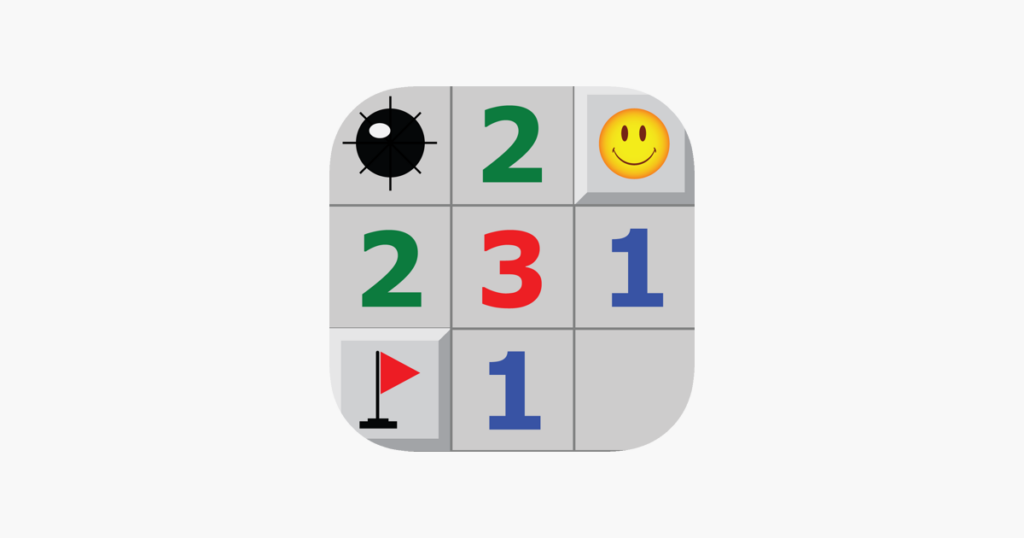Leveling Up Coordination: The Impact of Gaming on Motor Skills
Congratulations to all gamers!

Yes, it’s possible to enhance motor skills and improve coordination through gaming. Many games require a high level of coordination and can be a fun way to practice these skills. As someone who has been playing TV and computer games since the ’80s, I realized this a long time ago. Some games are incredibly challenging for me due to my coordination issues, so I avoid them because it’s too frustrating when the plumber falls into the lava again. Here are some examples of types of games that can help improve coordination:
Coordination Training in Different Game Genres
Certain computer games, like platformers, shooters, and similar genres, often require a high level of coordination. Playing Counter-Strike may seem easy, but aiming, shooting, and navigating around a corner at once is not simple.
Sports games like basketball, badminton, or tennis demand a high level of coordination and teamwork. I now avoid games like Fifa and Rocket League because they require too much from me and move too quickly.
Music games, such as Guitar Hero and Rock Band, demand high coordination and also practice a sense of rhythm.
Choosing the Right Game: Personal Comfort Matters
To be able to enhance motor skills, it’s important to find games that the person with autism enjoys and is comfortable with, so they see the “training” as a positive and enjoyable experience.

Finding the right level in the game is even more critical since one can’t expect to master Lara Croft’s jumps on day one. I don’t believe everyone should start with Minesweeper, but for some, it’s a sufficiently high level at the beginning. Games can also be a great opportunity for social interaction and collaboration. For me, gaming has always been a way to reset my mind. My coordination has taken a back seat.
Everyday Coordination Challenges: Beyond Gaming

But what problems can arise with poor coordination? This is something I hadn’t thought much about before, but when I reflect on myself, I see things I’ve always blamed this on my lack of fine motor skills, but it could just as well be due to my poor coordination.
Learning Curve: From Typing to Driving Machines
Another example is how much time and immense training it took for me to learn typing on a keyboard. Typing with both hands with correct finger placement is not something I could start with from the beginning. However typing a lot on my keyboard, training have help me enhance motor skills a lot.
When I did my military service, I was placed in a wheel loader. Guess if that was challenging. Not because I found it particularly difficult to drive the large machine, but because I realized that those who are skilled dance with their machines. Looking back, I now realize that with my nearly two thousand hours in the machine, I am at a level that most people reach after perhaps 8-900 hours. I naively thought I would quickly learn to operate an excavator a year ago but had to step back as I don’t feel I have the energy required to reach a level acceptable to me. My coordination is too poor from the start, and I develop my movements at too slow a pace to keep my work enthusiasm alive; it just becomes frustrating.
Coordination and Risks: Beyond Frustration
In the long run, poor coordination can lead to increased risks of accidents and injuries, as well as fatigue and even mental health issues. Not being able to manage all the basics can be incredibly stressful. I, who have become aware of my shortcomings, find them incredibly stressful, especially when I’m learning something new. Have I ever injured myself? No, I’ve been lucky and not seriously hurt myself, but I’m also very cautious by nature. But I realize that the nickname “bone crusher” that I quickly heard when we played floorball in school came from me having poor control of myself and my movements.
Physical Exercise as a Coordination Aid: Beyond Gaming
Physical exercise, besides video games, is one thing that can help enhance motor skills and coordination in people with autism. The following forms of exercise are especially suitable for enhancing coordination:
- Swimming can help improve balance, coordination, and body control.
- Dance can help increase coordination while being a fun and social activity.
- Yoga can help improve balance, coordination, and body control.
- Gymnastics can help increase flexibility, strength, and coordination.
- Shooting not only practices coordination but is also a good form of exercise for those who need to train their mind and concentration.
- Play a sport like soccer, basketball, or tennis, all of which require coordination and collaboration.
Finding an activity that the person with autism enjoys and is comfortable with is crucial, so they view exercise as a positive and enjoyable experience.
Working with a coach or therapist knowledgeable about autism can help with exercises that are suitable and safe for the individual. I, who have had some fun forms of exercise over the years, realize that it has helped me more than I thought.
Reflections on Training and Coordination

One must not forget everyday training. I suspect that the best training for my coordination and motor skils right now is when I sit and write a text on the computer, when I pretend to be the little mechanic in the garage, or when I do carpentry and crafts in the hobby workshop. I, who have tried many different forms of training, now understand with my diagnosis in hand why it was so hard to dance the jitterbug or operate an excavator and how important those years of training on the shooting range and with the video game really were for me.



Leave a Reply